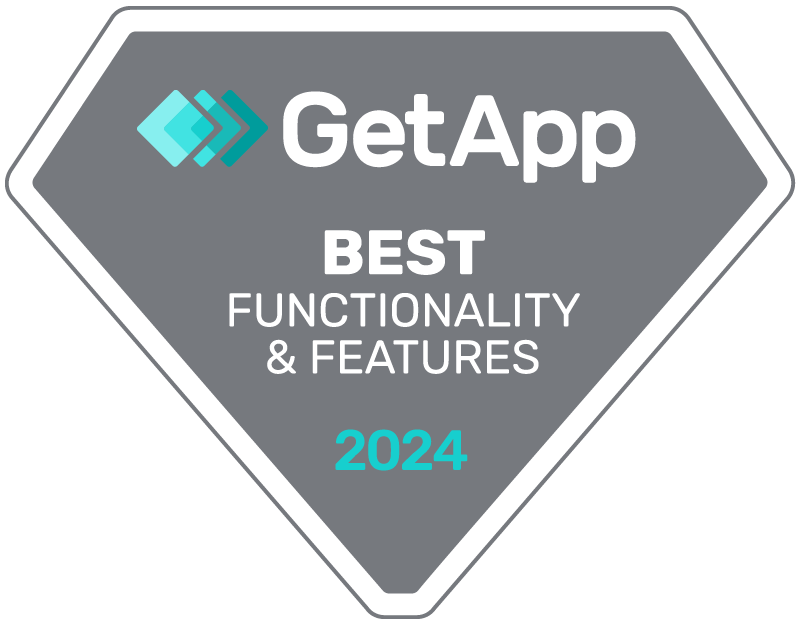High-stake Decisions: Establishing Trust in an Incredulous Economy

In today’s hyper-competitive and ever-evolving business landscape, there is a new modus operandi that organizations must not just address but embrace. Get caught up! The previous blog covered three new operational challenges for 2018 and beyond. Highly recommended to understand these tectonic shifts.
Another leading company makes the headlines again for all the wrong reasons. A massive “breach of trust” for millions of users’ data underscores the Facebook-Cambridge Analytics controversy. A testament to the fragility and fleeting nature of “trust” in corporations in today’s digital society. Other reports highlight a malicious nature involving the abuse of data for “high-tech political persuasion” as well as undertones of corporate bullying, retaliation and coverups. Not to mention the Cambridge Analytics-Russian relationship question, a poignant one considering the data covers millions of voters. As for Facebook, they demonstrated a staggering lack of accountability in their failure to take ownership of the situation, address the data issues and communicate in a timely manner; reports indicate Facebook was made aware of the situation over a year ago! The question society must ask: where is trust in our corporate society?
Across various fronts, transparency, accountability and governance are demanded. They must be protected. Yet, the simple steps such as an effective whistleblowing mechanism are often missing. Just ask Christopher Wylie who is taking the heat for calling attention to Cambridge Analytics’ and Facebook’s clear improprieties. An effective whistleblower mechanism would have identified the risk, provided the information and motivation necessary to adequately address the situation and created clear communication and transparency actions with relevant outside parties. Embracing whistleblowers and leveraging their insights is indispensable for organizations to reduce risk and protect their performance and reputation.
The age of big data revolutionized the world. People and organizations across all industries are generating more and more data than ever before. By 2020, it’s expected that there will be more than 40 zettabytes of data in the world—or 40 trillion gigabytes, for some perspective—all generated within the previous eight years. With more data on hand, organizations can make better, more informed decisions. Right?!
On one end of the spectrum, data-powerhouses abuse the power they find in data and the invaluable insight it provides. On the other, companies are embracing the “digital transformation” but are simultaneously unsure of how to leverage its power. According to CIO, 43% of companies obtain little tangible benefit from their data while 23% derived zero benefit. Perhaps they’re not sure what to do with it. Or maybe they aren’t sure whether they’re collecting the right data in the first place. What’s more, an IBM study reveals 80% of executives still believe traditional approaches to business—like brainstorming new ideas—are more appealing than using data to predict the future.
Add it up, and data does not equate to better. Data does not necessitate more informed business decisions, more profitable organizations or a more progressive society. Often the case for data and the digital transformation, the forest is often lost for the trees.
It’s not about acquiring data, it’s about gaining insight and creating authentic relationships in a new way. CEOs that focus on the digital transformation in terms of collecting the right data and making it easy to action this insight can accelerate innovation and drive competitive advantage—while leaving their peers behind.
The faster you can complete your digital transformation, the better positioned you’ll be to thrive in 2018 and beyond. How do you create relationships in the digital age? How do you take your business to the next level in 2018? It’s all about trust. (Something Cambridge Analytics and Facebook forgot!)

Discover what truly motivates your employees so you can skyrocket your productivity and profitability.
Learn moreBack to the fundamentals: Trust
For all our technical innovation and data acquisition, the big-ticket challenges remain basic. Bribery, fraud, harassment, gross safety violations, data breaches, the list goes on. Surrounding these costly and often high-profile issues are questions (and discussions) on transparency, governance, accountability, compliance and security. Ultimately though, they all revolve around trust.
Citing similar examples, Harvard Business Review notes, “What these stories underscore is that our digital evolution and our productive use of new technologies rests on how well we can build digital trust.”
According to the World Bank, trust is worth $12.4 trillion dollars annually in the U.S. alone. Nearly 70% rank building trust as the number one job for CEOs, ahead of high-quality products and services and increasing profits and stock prices. Organizations that are driven by purpose and values—and therefore develop a culture of trust with their employees, consumers and investors—outperform the market 15:1.
How do you endear trust in a digitalized world? You need to manage transparency, governance, accountability, compliance and security. Create a trusting relationship with your users, customers, employees and investors so that a mutually beneficial exchange can occur—of knowledge, employment, goods, services and money. Here are a few timely tips to accomplish this:
- Gather Real-time Insight and Listen. 80% of successful whistleblowers raised their concerns internally before going to public methods. People are speaking up, but we have failed to listen. Stop dreading the whistleblower lurking in the shadows. Embrace their proactive insight as an opportunity to identify, manage and address risks, illegalities and grievances. Organizations need to ensure critical relationships have effective solutions to converse with enterprises and be heard—whether that’s users, customers, employees, stakeholders or investors. Start authentic dialogues to establish trust.
- Ensure Action and Response. No one likes to be ignored. Soliciting insight and doing nothing is just that. Create a system centered on insight-driven action and response. As Ernst & Young notes, “Prevent, detect and respond…to the types of breakdown in trust and compliance that can have devastating consequences for businesses and the individuals within them.” Action-oriented real-time reporting and response mechanisms should be built into your communication vehicles whether that’s whistleblower apps, employee engagement surveys or customer experience Create change through leveraging an insight-driven solution.
- Foster a Culture of Trust. The credibility of executives is at an all-time low. Trust declined a massive 23 points in the US, the country falling to the last place among those surveyed. To promote mutual success, organizations must establish a culture of trust through a cycle of active listening, transparent dialogue, insightful analysis and meaningful action. CEOs have an amazing opportunity to redefine how their organization interacts with the broader ecosystem and steer the future of their company. Trust is a pivotal component, embrace it.
At a time of continuous innovation, hyper-competition and rapid digitization, organizations benefit by redefining their most important relationships: their people. Trust holds the power to transform your organization, creating a high-performance culture leading to competitive advantage.
Ready for more? The next blog in the series dives into what trust means by industry, starting with whistleblowing in financial services and insurance.
Read more about Employee Surveys.









